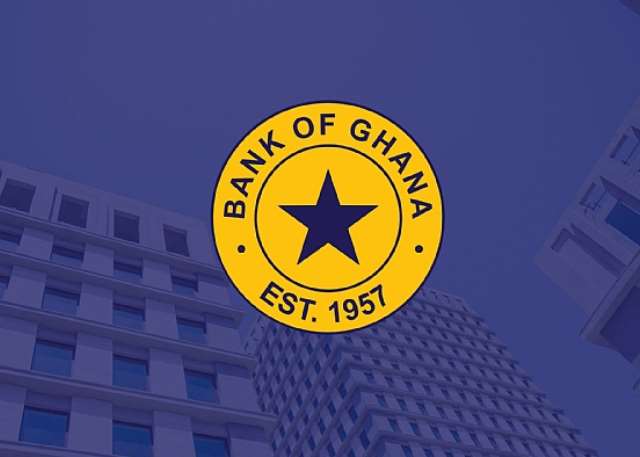The Institute of Economic and Research Policy (IERPP) is demanding detailed accountability from the Bank of Ghana (BoG) following the central bank’s recent decision to ban 10 Money Transfer Organisations (MTOs) over regulatory breaches.
While the BoG’s move is being lauded as a strong step towards sanitising the financial sector, the IERPP argues that the central bank’s failure to disclose the specifics behind the sanctions undermines transparency and public trust.
According to the BoG, the affected MTOs were banned due to “severe regulatory violations” in a bid to protect consumers and maintain the integrity of Ghana’s financial system. However, the bank’s public notice fell short of outlining the precise nature of these infractions, raising questions among analysts and stakeholders.
In a strongly-worded statement, Executive Director of the IERPP and Dean of the Faculty of Accounting and Finance at UPSA, Prof. Isaac Boadi, criticised the lack of detail.
“Banning violators is praiseworthy, but hiding details is opacity, not regulation. The public deserves the ‘why’, not just the ‘who’,” he stressed.
Calls for Regulatory Clarity and Due Process
The IERPP is seeking answers to several critical issues:
Nature of Infractions – The BoG did not specify whether the violations involved licensing irregularities, weak Anti-Money Laundering and Combating the Financing of Terrorism (AML/CTF) systems, or technological failures.
Guidance for Compliance – There was no information on how the banned entities could rectify their status, reapply for licensing, or work towards approval.
Lack of Due Process – The BoG’s notice did not mention any appeal process, grace period, or whether the affected firms were given the opportunity to respond before being publicly blacklisted.
Details of Sanctions – Though the BoG stated that “severe sanctions” were imposed, there was no explanation of what these sanctions entail or the criteria used to determine them.
Prof. Boadi cautioned that regulation without clarity and a rehabilitation pathway only breeds exclusion, not compliance.
“Regulation without rehabilitation is exclusion, and exclusion breeds resistance—not reform,” he stated.
Context and Comparisons
The BoG’s crackdown comes at a time when regulators in other sectors are also taking bold actions. The National Communications Authority (NCA) recently shut down several non-compliant media outlets, an approach hailed for both firmness and transparency.
Ghana’s 2023 Financial Stability Report noted a 15% increase in AML/CTF violations among fintech firms, reinforcing concerns about weak compliance. The World Bank estimates that Ghana loses over $1.2 billion annually through illicit financial flows linked to poor AML enforcement. In 2023 alone, Ghana received $4.6 billion in remittance inflows, highlighting the importance of regulating MTOs to preserve financial stability.
IERPP’s Recommendation
The IERPP has urged the BoG to release a follow-up statement detailing:
The categories of breaches committed by each banned MTO.
Steps for reinstatement or correction.
Timelines for appeal or compliance.
A clear outline of sanctions imposed and their legal basis.
“Transparency builds trust in institutions. If we want to inspire confidence in Ghana’s financial ecosystem, we cannot regulate behind closed doors,” Prof. Boadi added.
As Ghana continues its quest to modernise and strengthen its financial architecture, stakeholders like IERPP say citizen engagement, openness, and institutional accountability must underpin every regulatory effort.
DISCLAIMER: The Views, Comments, Opinions, Contributions and Statements made by Readers and Contributors on this platform do not necessarily represent the views or policy of Multimedia Group Limited.
DISCLAIMER: The Views, Comments, Opinions, Contributions and Statements made by Readers and Contributors on this platform do not necessarily represent the views or policy of Multimedia Group Limited.


